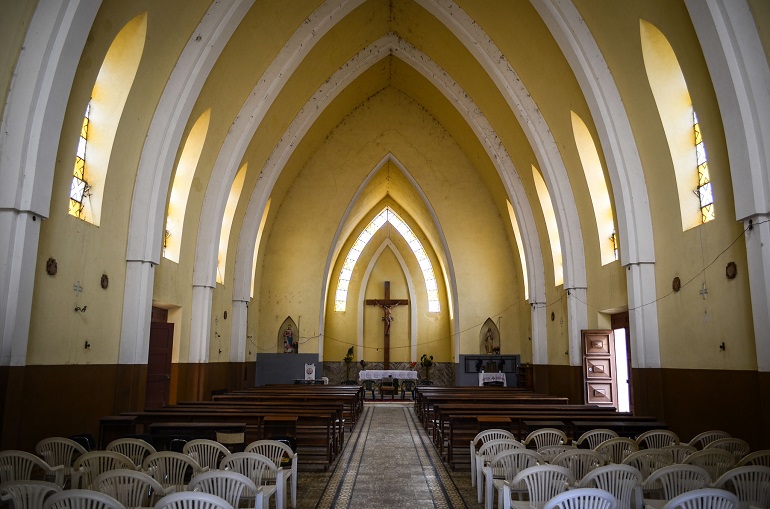
More than 2,000 churches have been closed and over 1,000 more face closure after Angola’s cabinet approved a new law requiring them to register with the government, including presenting at least 100,000 signatures of followers, as reported by Nairobi-based news site The East African.
A local pastor told World Watch Monitor that it was impossible to collect the required 100,000 signatures from at least 12 provinces, given they had only received a month’s notice.
By introducing the new regulations, the southern African country has followed Rwanda and Cameroon, who earlier this year announced new religious directives that have caused thousands of churches to close.
“The number of illegal churches in the country has reached 4,000,” Francisco de Castro Maria, a government director for religious matters, told the state-owned Jornal de Angola newspaper, as quoted by The East African.
According to the World Watch Research unit of the Christian charity Open Doors International, the fact there were so many unregistered churches was partly a result of the government failing to recognise any new churches since 2004.
Angola has a population of 29 million and, according to the latest data from the Culture Ministry, 84 registered churches. Forty-one per cent of Christians are Catholic, 38 per cent Protestant, according to US State Department figures.
Religious leaders from the central Huambo Province told Angola Press they supported the new law and believed it should also include a requirement for leaders to have received formal theological training.
Methodist pastor Euclides dos Santos told the news site that many of those who call themselves “pastors” were not doing the work expected of a church leader, such as preaching the Christian message and promoting social justice.
The new law is meant to “act against unregistered bodies which are a threat to human rights and against the principals of urban life and positive coexistence”, said the country’s culture minister, Carolina Cerqueira, as reported by Ghana-based news site AfricaFeeds.
Since President João Lourenço came into power in September 2017, there have been concerns over shrinking freedom of expression, association and assembly in Angola following a brutal clampdown on protestors.